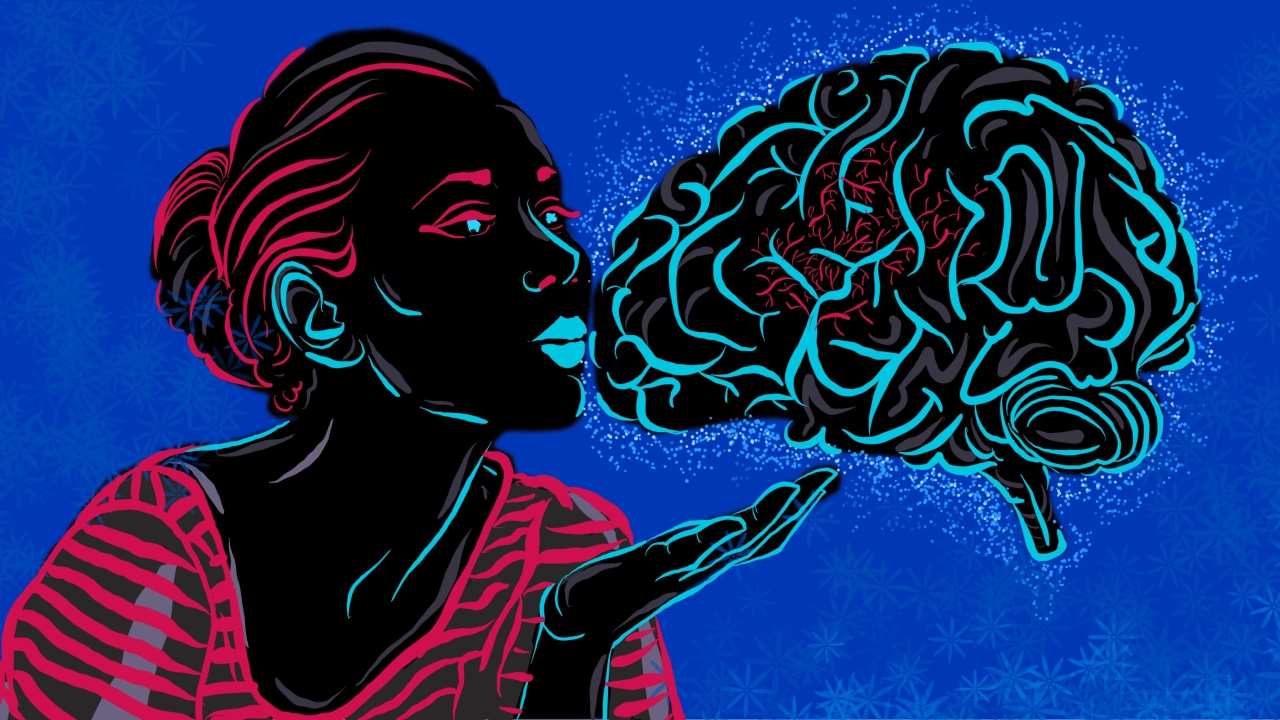tech2 News StaffApr 21, 2019 17:29:03 IST
Health apps often hold extremely vital personal information of a user and ought to safeguard that data. However, that appears to be data racket going on when it comes to mental health apps and the data they hold of a user.
A newly published study in JAMA Network Open reveals that mental health apps overwhelmingly share user data with big advertisers, even though users might not be aware of this practice.
The researchers looked for apps using the keywords “depression” and “smoking cessation” and what they found, while not totally surprising, is still something that might depress you if you care about privacy.

Representative Image
Out of the 36 analysed apps, 33 of them shared information with advertiser networks, from Facebook to Google as well as smaller companies. While that information was not stricly medical or personally identifiable, experts say the practice is still a troubling one.
“It’s really hard to make an informed decision about using an app if you don’t even know who’s going to get access to some information about you,” said John Torous, a co-author of the study.
The same study also revealed that some of the mental health apps revealed highly sensitive medical information like health diary entries and self-reports about substance abuse.
In total, the study found that 92 percent of the studied apps shared data with a third party and that around half of them did not disclose that practice to the end user.
Worst of all, three apps specifically claimed that they wouldn’t share data while nine others did not have a privacy policy at all.
In a statement to The Verge, one of the researchers said, “Potentially advertisers could use this to compromise someone’s privacy and sway their treatment decisions.”
“Data sharing with third parties that includes linkable identifiers is prevalent and focused on services provided by Google and Facebook. Despite this, most apps offer users no way to anticipate that data will be shared in this way. As a result, users are denied an informed choice about whether such sharing is acceptable to them,” concluded the study.
Tech2 is now on WhatsApp. For all the buzz on the latest tech and science, sign up for our WhatsApp services. Just go to Tech2.com/Whatsapp and hit the Subscribe button.
Post a Comment